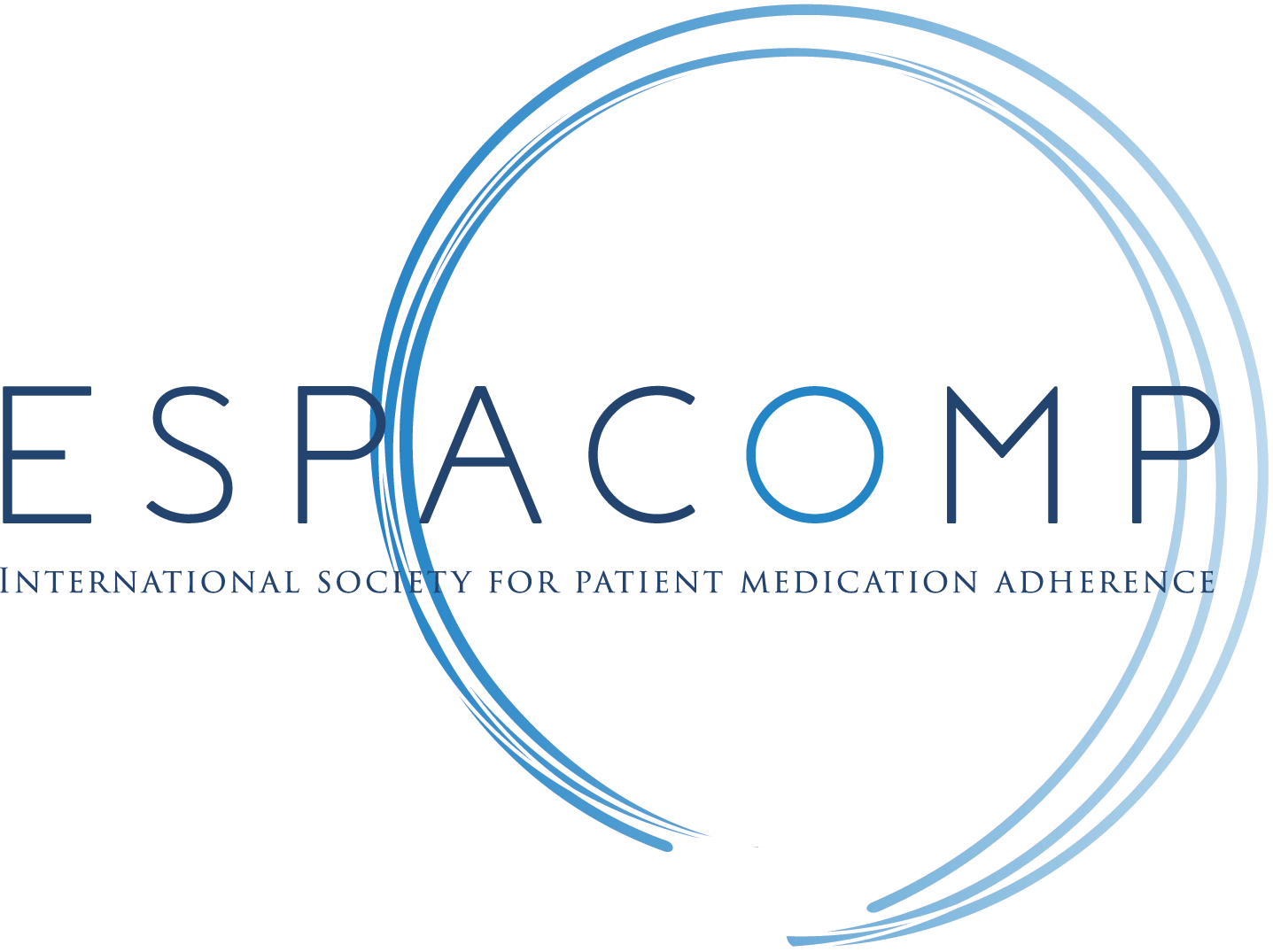Who is … Liset van Dijk?
Who is … Liset van Dijk?
Liset Van Dijk wrote her doctoral thesis about family sociology at the University of Utrecht (in the center of the Netherlands) after she had obtained her Master degree at Wageningen University (situated in a small town in the eastern part of the country). For over 15 years, she has studied medication taking by patients with special focus on adherence. In 2018, she was appointed honorary professor of pharmacy health services research at the University of Groningen (in the northern part of the Netherlands). She grew up in the south of the Netherlands near the Belgian border but has lived in the capital of Amsterdam in the past 15 years. In her leisure time, she likes fiction writing and thinking about story lines. What is striking to her, after having lived in various areas in the Netherlands, is that even in such a small country as the Netherlands, there are huge differences in how people behave and respond.
What is your connection to ESPACOMP?
I have attended the ESPACOMP annual conferences for over a decade now and this year I serve as the President of ESPACOMP. I co-organized the annual conference in the Netherlands in 2011, and in 2017, I was the chair of the scientific committee. My main activities as President concern the organization of the annual conference of this year (in Porto, Portugal, from 21-23 November) as well as thinking about new ideas, and involving funders into ESPACOMP. Together with amongst others dr. Leah Zullig, who will serve as the President next year, I also organized a pre-conference workshop about the implementation of adherence improving interventions over the last few years.
What kind of medications have you studied as an adherence researcher?
I have actually studied a wide range of drugs. I was the principal investigator of what was worldwide the first Randomized Controlled Trial about real-time monitoring of oral diabetes medication with the aim to improve adherence as well as research projects, e.g. the development of the TRIAGE questionnaire. This questionnaire supports pharmacy technicians to improve their communication with patients by means of check questions.
Let’s reflect on what caused you to study adherence?
I started studying adherence at Nivel, which is the Dutch institute of health services research, where I still work, nowadays as a program leader of pharmaceutical care. It all began with the ‘Tabula Rasa’ project in which we conducted a review of reviews about adherence. I noticed that I really liked the topic of medication adherence. The greatest boost came from the Dutch Ministry of Healthcare which stimulated the launch of a website with key facts and figures about medication adherence in the Netherlands. I also initiated bringing together a group of young Dutch adherence researchers. I remember the pleasant atmosphere during the meetings that gave so much positive energy to all of us.
What do you think has been the most important finding or development regarding understanding medication adherence in the last decade?
What I find a very important development is the increasing attention that has been paid to implementation of adherence improving interventions instead of merely focusing on testing the effectiveness of such interventions.
What are you currently working on?
The above efforts recently culminated in a grant from the Dutch government for a consortium of eight local ‘living labs’ throughout the Netherlands. I am going to lead this consortium. In these ‘living labs’ ‘evidence-based’ interventions, which have been shown to improve therapy adherence, will actually be implemented. What is really wonderful here is that living in various places throughout the Netherlands before, has already helped me to understand the regional differences between these ‘living labs’. These ‘living labs’ are also accompanied by a recently launched website about ‘evidence-based’ or ‘best-practice’ interventions to improve therapy adherence. More interesting developments concerning these ‘living labs’ are expected to be presented at ESPACOMP conferences in the next few years.
What do you think are important future directions in adherence research?
I think what is crucial is how we are going to improve the care in such a way that therapy adherence becomes much more embedded in usual care. This goes beyond individually tailored interventions and will require an integration of adherence into the chain of care. Much more implementation research is needed as well as a shift from a one-sided focus on clinical outcomes to a many-sided broader view on the patient, their perceptions and experiences, and their appraisal of care.
Want to know more about Liset’s adherence research activities and initiatives? Follow her Twitter account ‘@therapietrouw’ or her personal account ‘@Liset65’
Categories
- Annual Meeting (9)
- Collaborations (5)
- Other meetings (2)
- Policy Brief (1)
- Publications (12)
- Uncategorized (5)
- Who is … (5)




